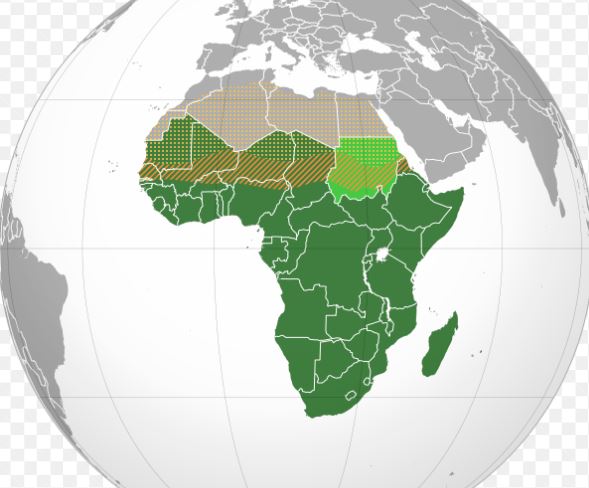Africa has emerged as a promising investment destination in recent years, with its rapidly expanding markets and abundance of natural resources. However, investing in Africa also presents unique challenges that require careful consideration and navigation. In this article, we will explore the opportunities and challenges investors may encounter when looking to invest in African emerging markets.

Navigating Opportunities and Challenges in the Emerging Markets
Opportunities in Africa:
1. Growing consumer market: Africa’s population is projected to reach 2.5 billion by 2050, making it a vast consumer market with increasing buying power. This presents excellent opportunities for businesses in industries such as consumer goods, retail, telecommunications, and financial services.
2. Natural resources: Africa is home to an abundance of natural resources, including oil, gas, minerals, and arable land. Investors in sectors like mining, agriculture, and energy can tap into these resources for significant returns.
3. Infrastructure development: Many African countries are investing heavily in infrastructure development to support economic growth. This includes the construction of roads, ports, airports, and power plants. Investors in infrastructure can benefit from these government initiatives and the increased connectivity they bring.
4. Technology and innovation: Africa’s tech sector is rapidly expanding, driven by a young and tech-savvy population. Investments in fintech, e-commerce, digital healthcare, and mobile technology have the potential to yield high returns in this thriving sector.
Challenges in Africa:
1. Political and regulatory uncertainty: Political instability and frequent changes in regulations can impact investment decisions and create uncertainties. Investors should carefully assess the political landscape and regulatory frameworks of the countries they are considering.
2. Infrastructure constraints: Inadequate infrastructure, particularly in remote or rural areas, can limit business expansion and increase operational costs. Investors should assess the infrastructure requirements of their chosen sector and carefully consider the availability and reliability of infrastructure to support their investment.
3. Security risks: Some regions in Africa face security challenges, including piracy, terrorism, and civil unrest. These risks can affect the safety of investments and personnel. It is essential for investors to thoroughly assess the security situation in their target areas and take necessary measures to mitigate potential risks.
4. Skill gaps: Many African countries face skill gaps in various sectors due to a lack of quality education and training opportunities. Investors may need to invest in training and development programs to build a skilled workforce or consider partnering with local companies that have the necessary expertise.
5. Access to capital: Access to capital can be a challenge for businesses in Africa, particularly for startups and small and medium-sized enterprises. Investors need to consider the availability of funding options and localize their financial strategies to ensure sustainable growth.
Navigating the opportunities and challenges:
Before investing in Africa, it is crucial to conduct thorough research and due diligence. Considerations should include a country’s political stability, economic policies, regulatory environment, infrastructure development plans, and market potential. Developing strong relationships with local partners and stakeholders can also help navigate cultural nuances and operational challenges.
Additionally, investors should consider working with experienced advisors and consultancies with in-depth knowledge of the African markets. These experts can provide valuable insights, help navigate regulatory requirements, and identify potential risks and opportunities.
Investing in Africa’s emerging markets requires a long-term perspective. While challenges exist, the continent’s untapped potential, growing consumer market, and abundance of natural resources make it an attractive investment destination. By understanding the opportunities and challenges and employing a strategic approach, investors can unlock the vast potential of Africa’s emerging markets.




